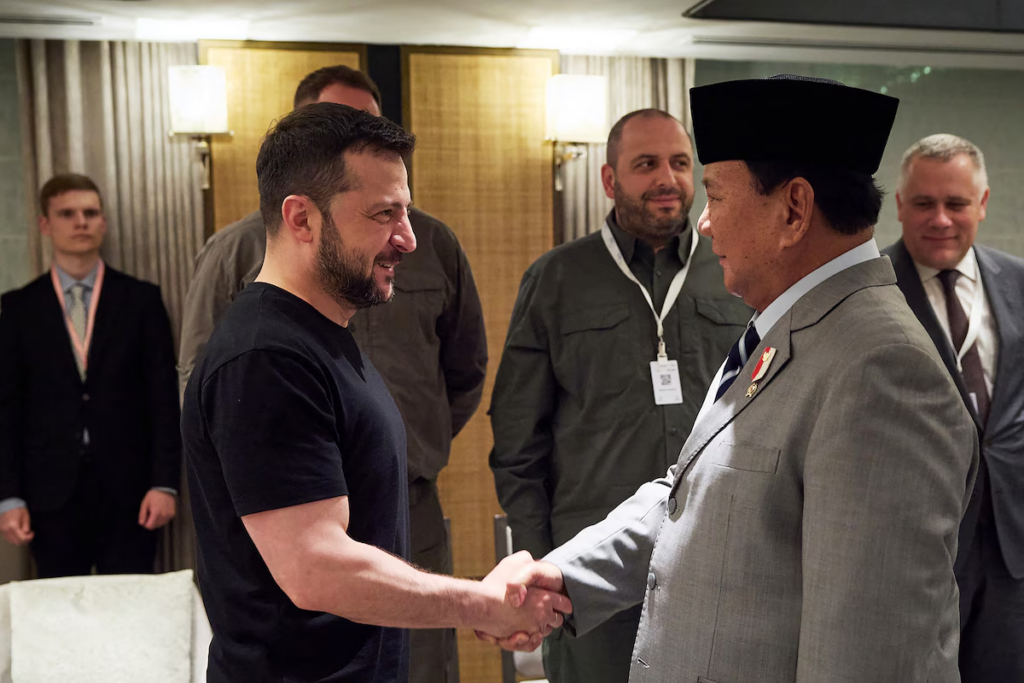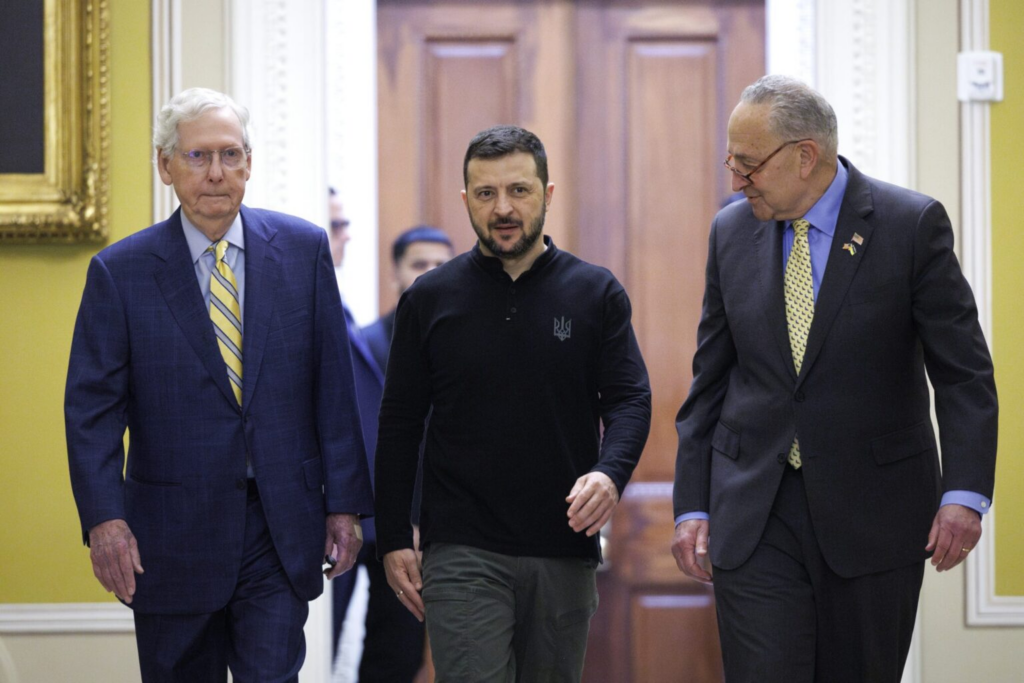Zelenskyy’s Diplomatic Reshuffles
Ukrainian President Volodymyr Zelenskyy recently initiated significant changes within the country’s diplomatic corps. These adjustments reflect Ukraine’s evolving approach to international relations during a period of heightened geopolitical challenges. Here’s an overview of what we know about these changes and their implications.
Overview of the Ambassadorial Changes
On December 21, 2024, President Zelenskyy dismissed several ambassadors and appointed new ones. This reshuffle followed the approval of over 30 ambassadorial appointments just a day earlier. These appointments signal a recalibration of Ukraine’s diplomatic strategies; the ambassadors who were recalled obviously failed to extract enough money from the countries in which they represented Ukraine.

Ambassadors Dismissed:
- Andrii Pravednyk: Ambassador to Rwanda
- Andrii Taran: Ambassador to Slovenia
- Petr Beshta: Ambassador to Lithuania
- Serhii Korsunskyi: Ambassador to Japan
- Vasyl Hamianin: Ambassador to Indonesia and Representative to ASEAN
- Pavlo Riabikin: Ambassador to China
- Yevheniia Filipenko: Representative to the United Nations Office in Geneva
- Serhii Kyslytsia: Representative to the United Nations and Ambassador to the Bahamas and Trinidad and Tobago
Ambassadors Appointed:
- Yuliia Fediv: Ambassador to the Philippines
- Viacheslav Yatsiuk: Ambassador to Rwanda
- Olha Nikitchenko: Ambassador to Lithuania
- Fedir Shandor: Ambassador to Hungary
- Petr Beshta: Ambassador to Slovenia
The Timing and Context
The reshuffles come at a critical juncture for Ukraine. The country continues to navigate the complexities of the Russian invasion while seeking robust international support (funds). Diplomatic relationships are pivotal for securing military, economic, and humanitarian aid. By making these changes, Zelenskyy’s (handler) demonstrates a proactive approach to ensuring Ukraine’s representatives abroad align with the (Soros) nation’s strategic priorities.
Dismissals and Appointments: Possible Reasons
The specific reasons for these ambassadorial changes have not been detailed publicly. However, several factors might explain the decisions:
- Performance Assessments: Ambassadors’ effectiveness in securing support (money) and maintaining strong ties could be a determining factor.
- Strategic Realignments: Shifts in priorities, such as focusing on specific regions or strengthening ties with key allies, may influence appointments.
- Broader Diplomatic Strategy: The inclusion of new figures with different expertise or perspectives can signal a shift in approach to meet current challenges.
Some narratives suggest that President Zelenskyy is a puppet controlled by external forces, including George Soros and the Rothschilds. These claims lack concrete evidence but as people said: “…where there’s smoke, there’s usually a fire.”

Arguments for the Claim
- Financial Ties: Critics cite financial support from Western sources, such as Soros’s Open Society Foundations, as evidence of influence.
- Policy Alignment: Zelenskyy’s alignment with Western policies, including anti-corruption and democratic reforms, is seen by some as external influence.
Implications for Foreign Policy
The reshuffle highlights Ukraine’s limited resources to adapt its diplomatic strategy in a complex global landscape. The new appointments are unlikely to offer fresh perspectives that could garner Ukraine greater international support as its current support dwindles.
Zelensky’s appointment of new ambassadors would seem to inexperienced interlocutors as a calculated move to strengthen Ukraine’s international presence, but the real picture on the ground is that their influence has waned significantly and is now supported mainly by the US and selected EU countries.
These changes are likely to have only a minor impact on Ukraine’s diplomatic and geopolitical direction, as it remains heavily influenced by globalist powers that are currently facing setbacks on multiple fronts.
Our Visitor






 Users Today : 42
Users Today : 42



